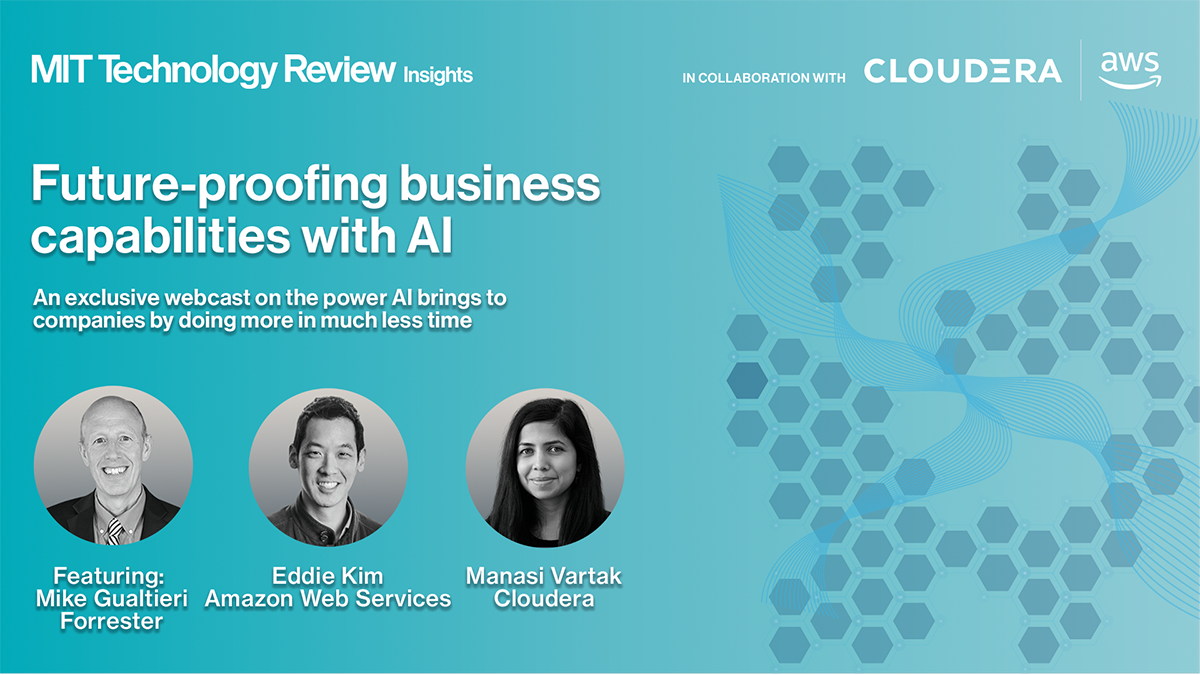UPDATE: Artificial intelligence is transforming business operations at an unprecedented pace, cutting critical process times from hours to mere minutes. Companies across various industries, including oil and gas, retail, and logistics, are rapidly adopting AI technologies to streamline workflows and enhance productivity.
Recent advancements highlight a significant shift in AI deployment, moving beyond pilot projects to becoming integral to daily operations. The chief AI architect at Cloudera, Manasi Vartak, stated, “What GenAI and AI agents are allowing us to do is really give superpowers, so to speak, to business process automation.” This leap is driven by the emergence of AI agents, which are revolutionizing how tasks are executed.
AI agents are now capable of processing complex tasks, such as interpreting claim forms and reading contracts, in seconds—vastly improving response times. Organizations can expect to see substantial reductions in operational delays, allowing employees to focus on higher-value work. For instance, a global energy company has reportedly reduced threat detection times from over an hour to just seven minutes.
Additionally, the democratization of AI tools means that non-technical staff can now leverage these technologies effectively. This accessibility is enabling employees across sectors to experiment with and implement AI solutions tailored to their specific needs, enhancing overall efficiency.
However, challenges remain. Concerns regarding privacy, security, and the accuracy of large language models (LLMs) are pressing issues that enterprises must navigate. According to Eddie Kim, principal advisor of AI and modern data strategy at Amazon Web Services, “Your leadership is especially critical in making sure that your business has an AI strategy that addresses both the opportunity and the risk.”
Enterprises are also facing hurdles in cost management, data quality, and the sustainability of AI systems. As businesses explore future developments—including autonomous agents and domain-specific models—the need for robust governance and responsible deployment is paramount.
Case studies from leading organizations underscore the transformative impact of AI. A Fortune 100 legal team has saved millions through automated contract reviews, while a humanitarian aid group is harnessing AI to respond to crises with unparalleled speed. These examples reflect a shift from incremental advancements to groundbreaking changes driven by the integration of data, infrastructure, and AI expertise.
The future of enterprise AI hinges on how effectively organizations can align innovation with scale and security. As businesses race to implement AI solutions, the focus will be on achieving sustainable and impactful results that redefine operational capabilities.
Watch the full webcast to learn more about the ongoing AI revolution and its implications for the future of business.
